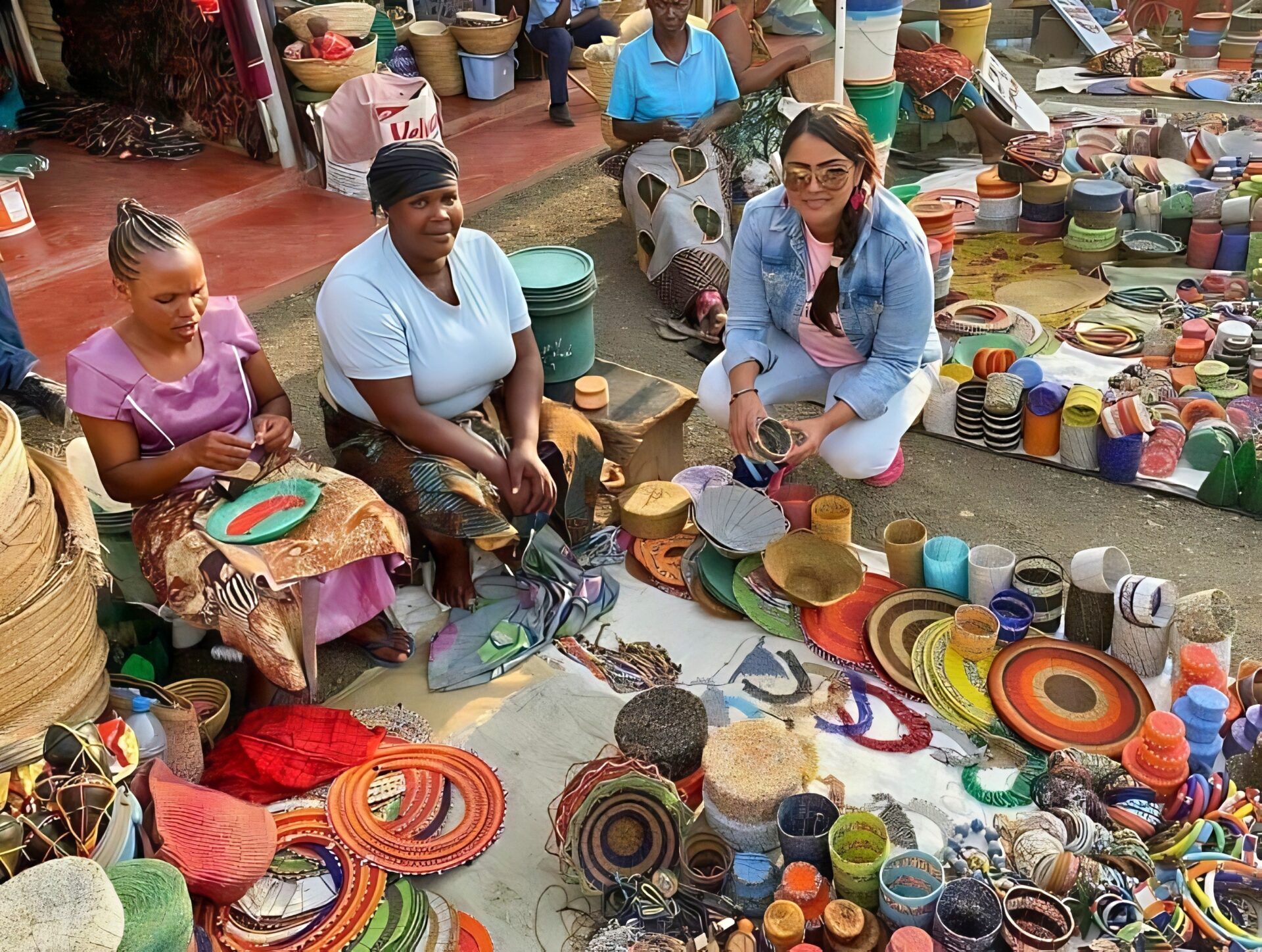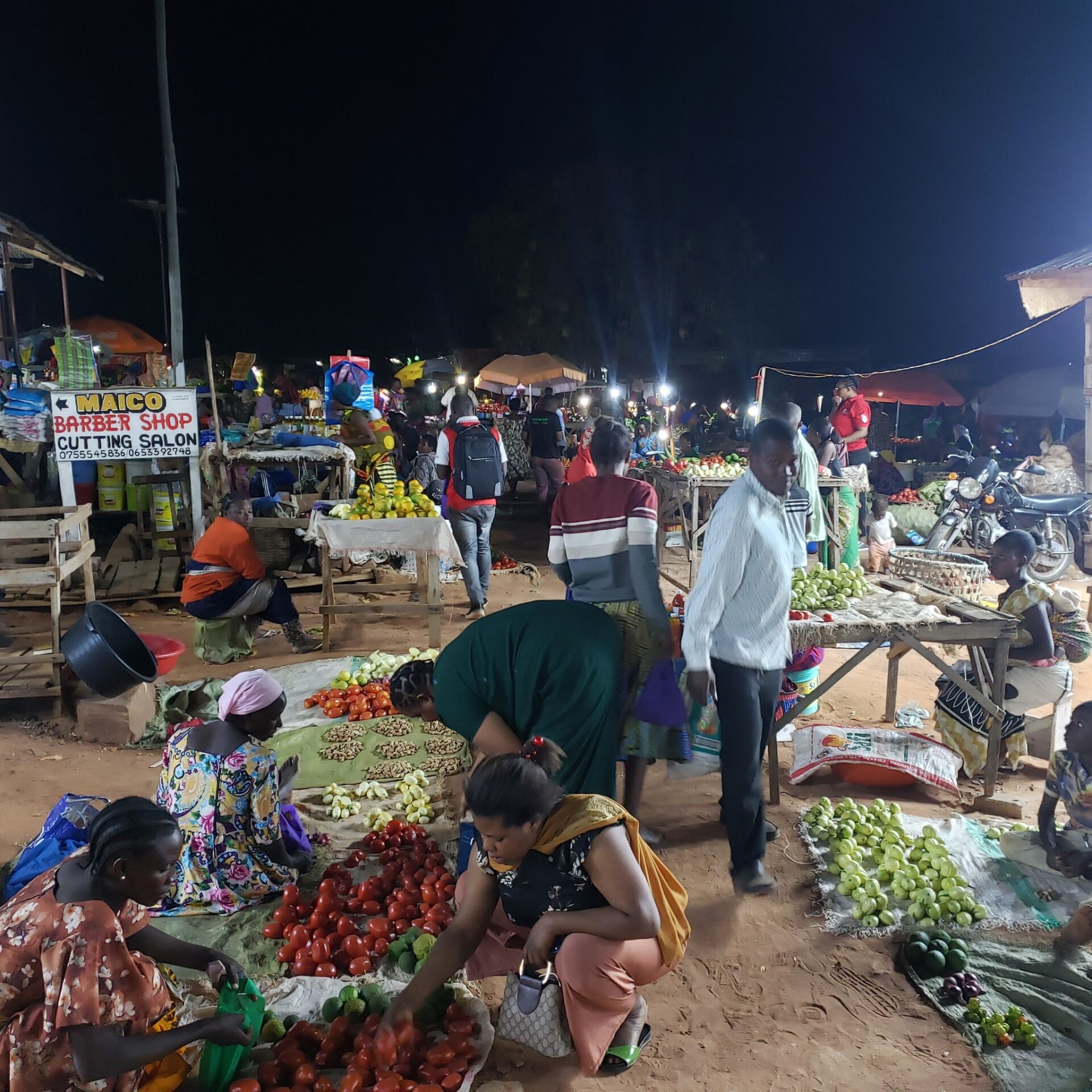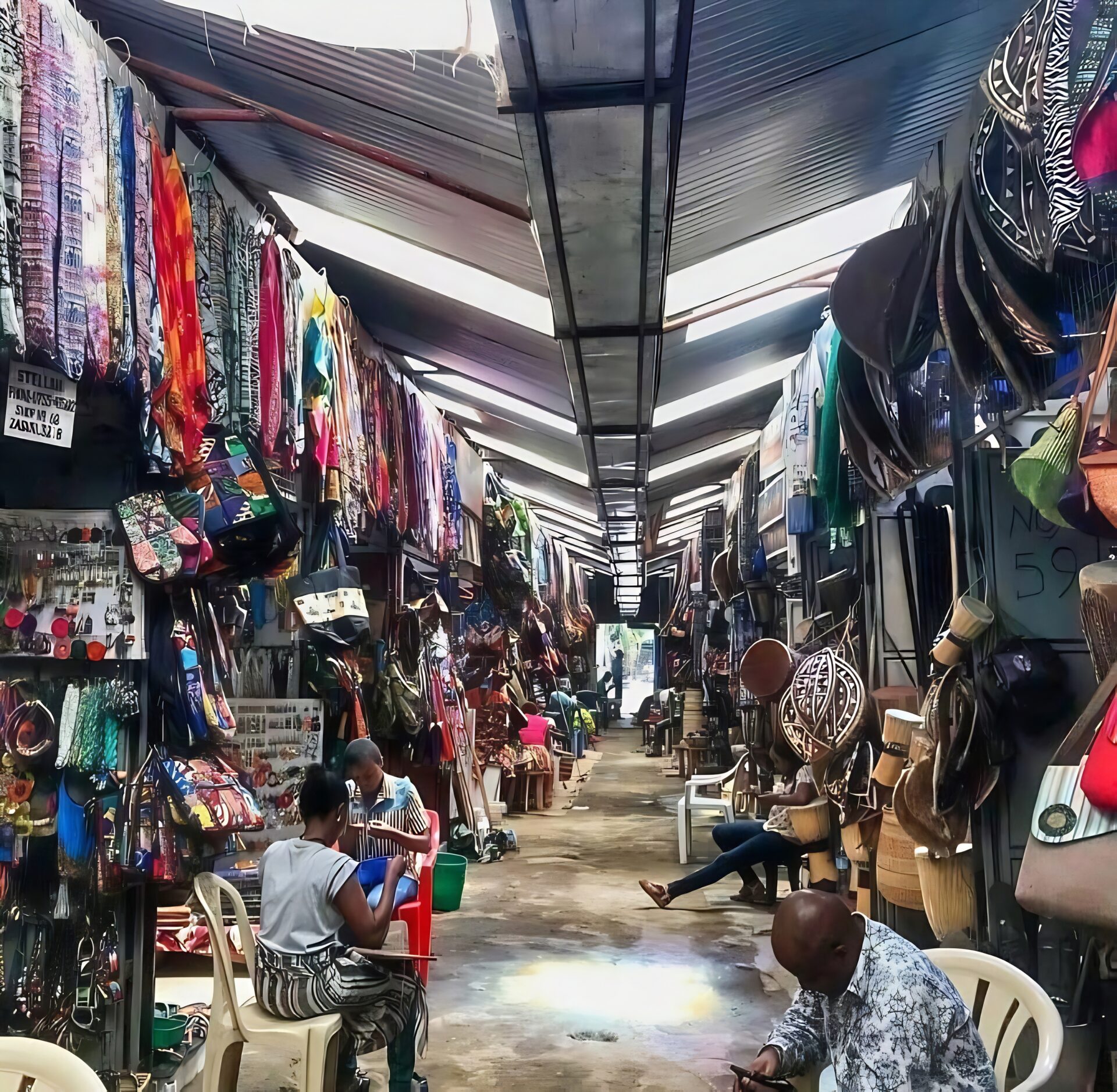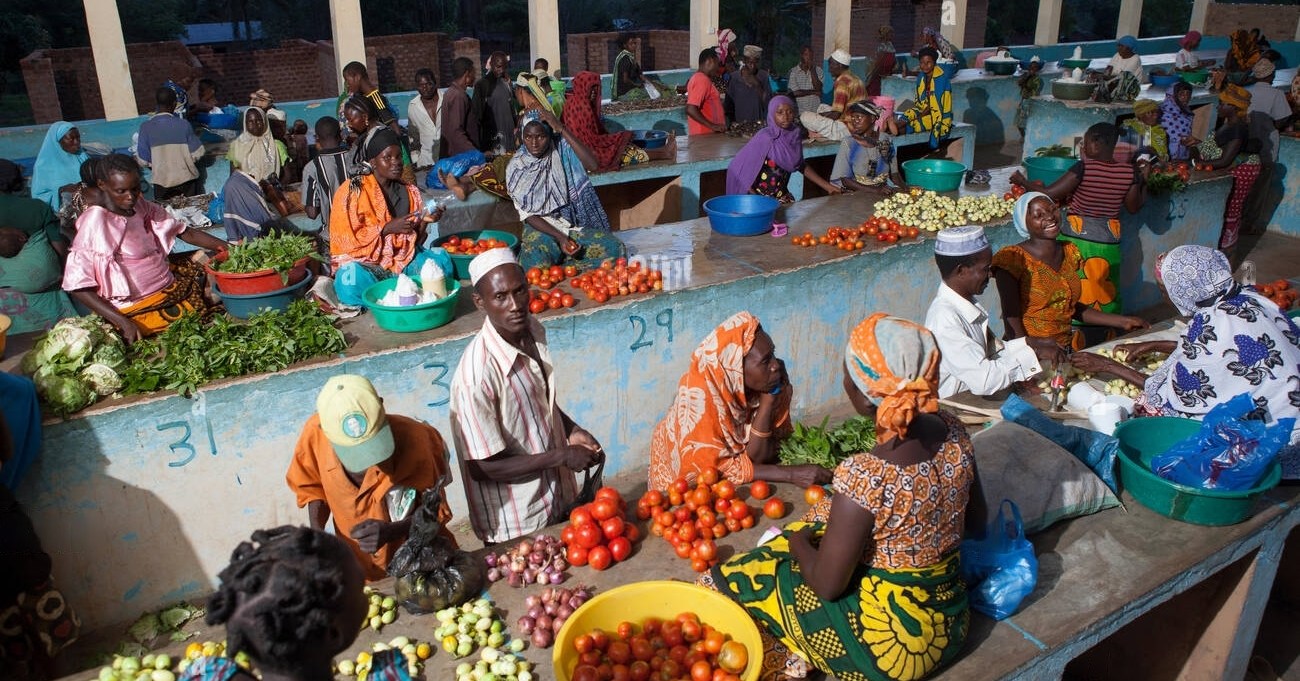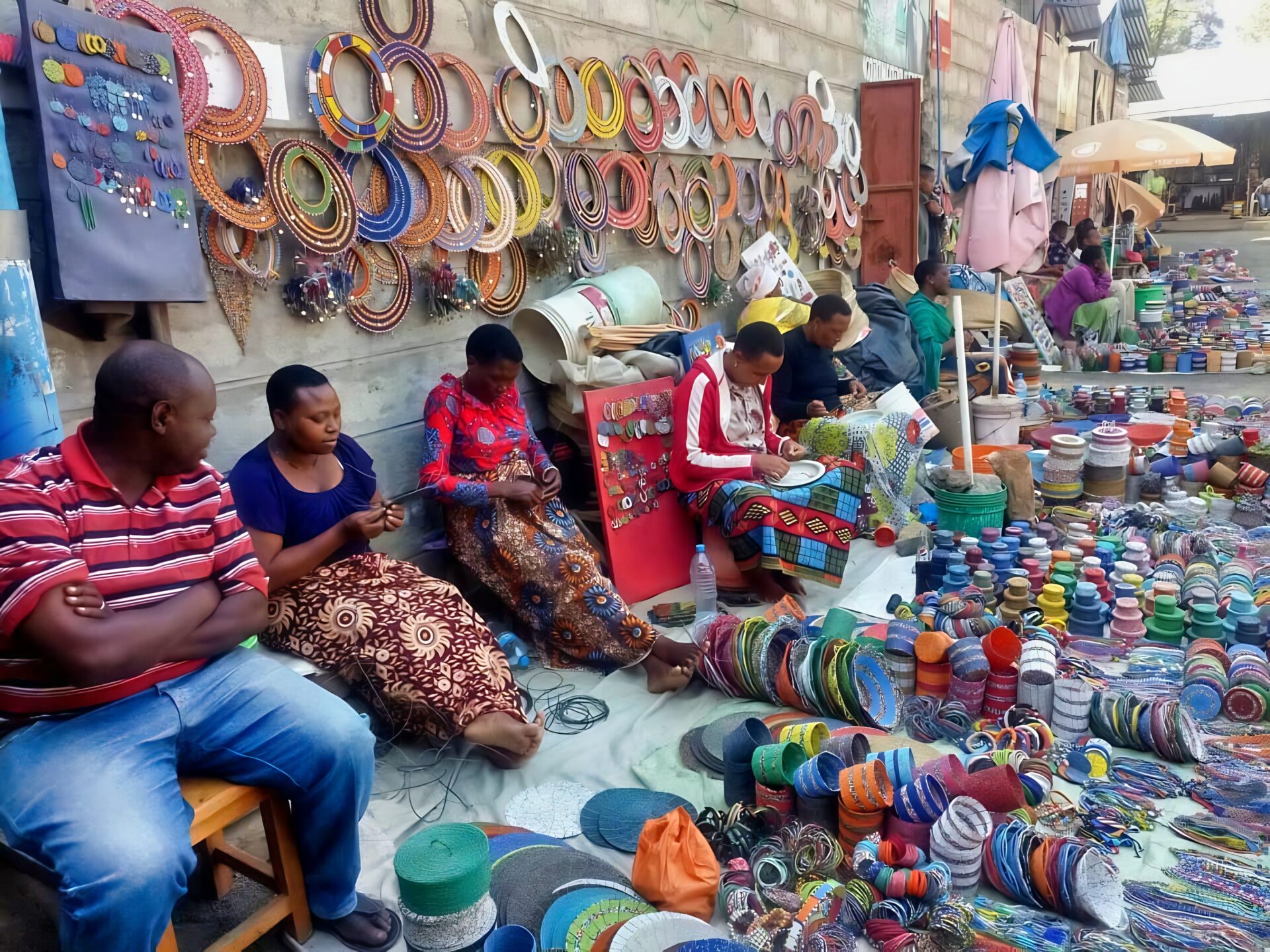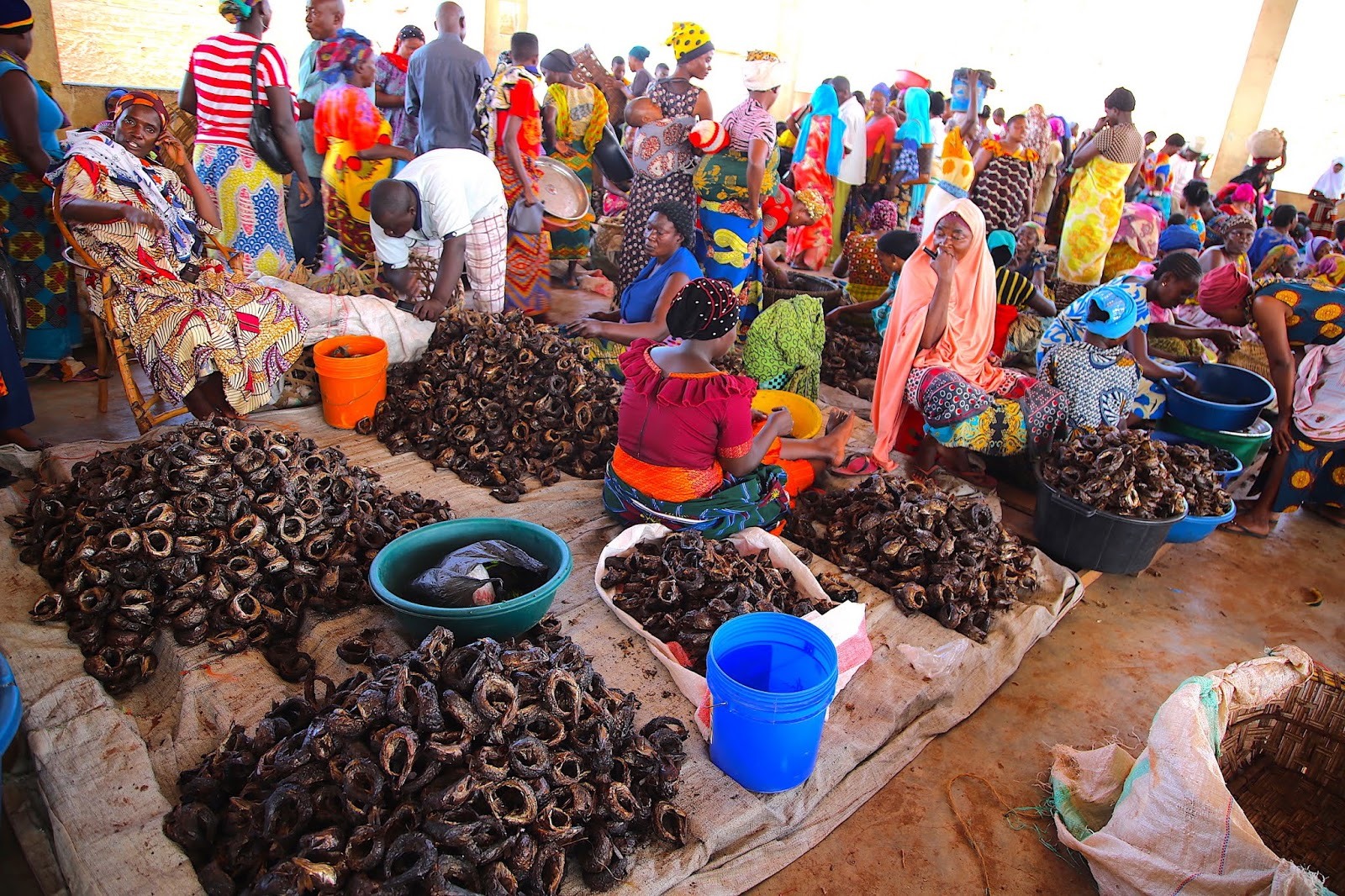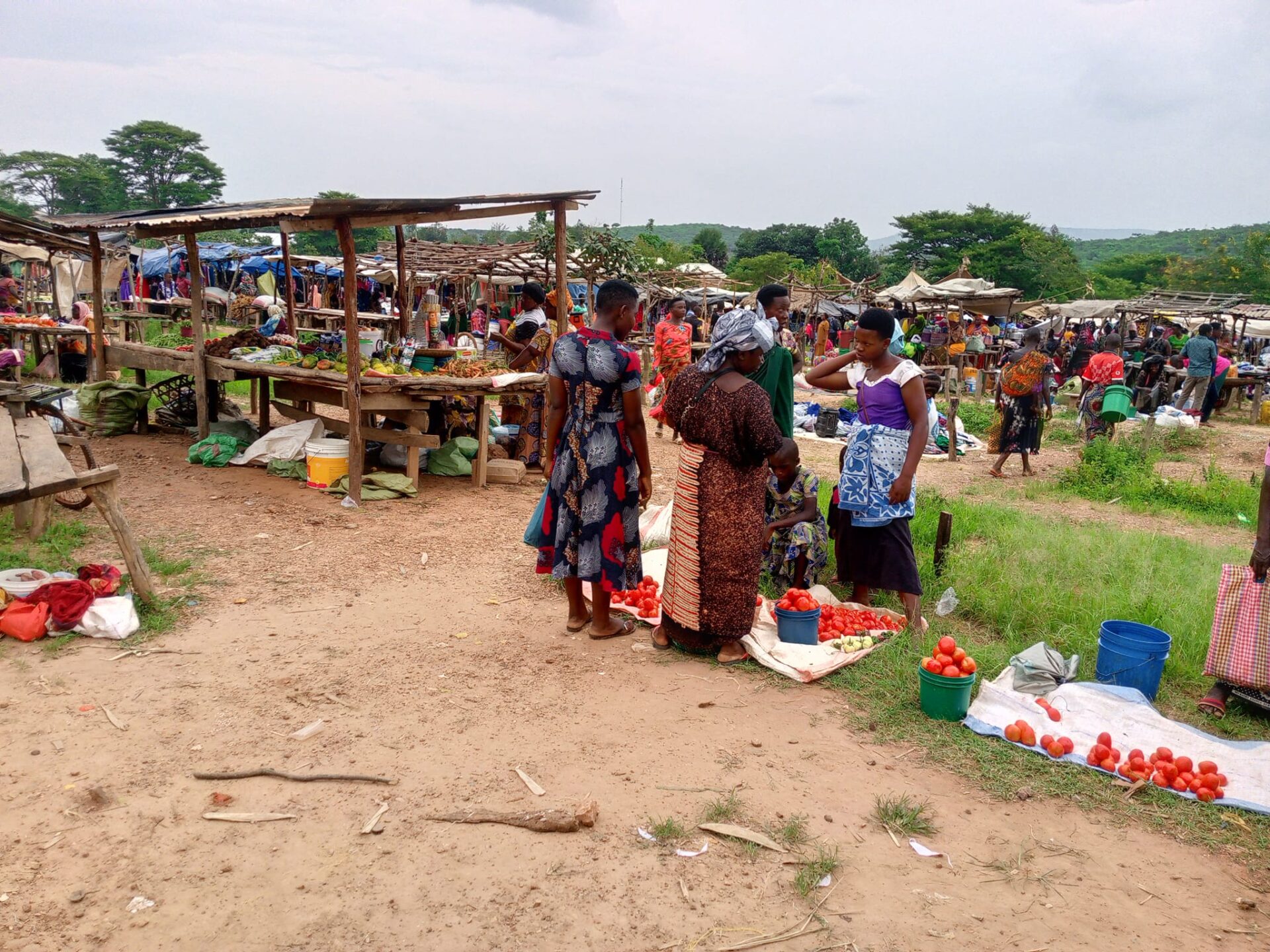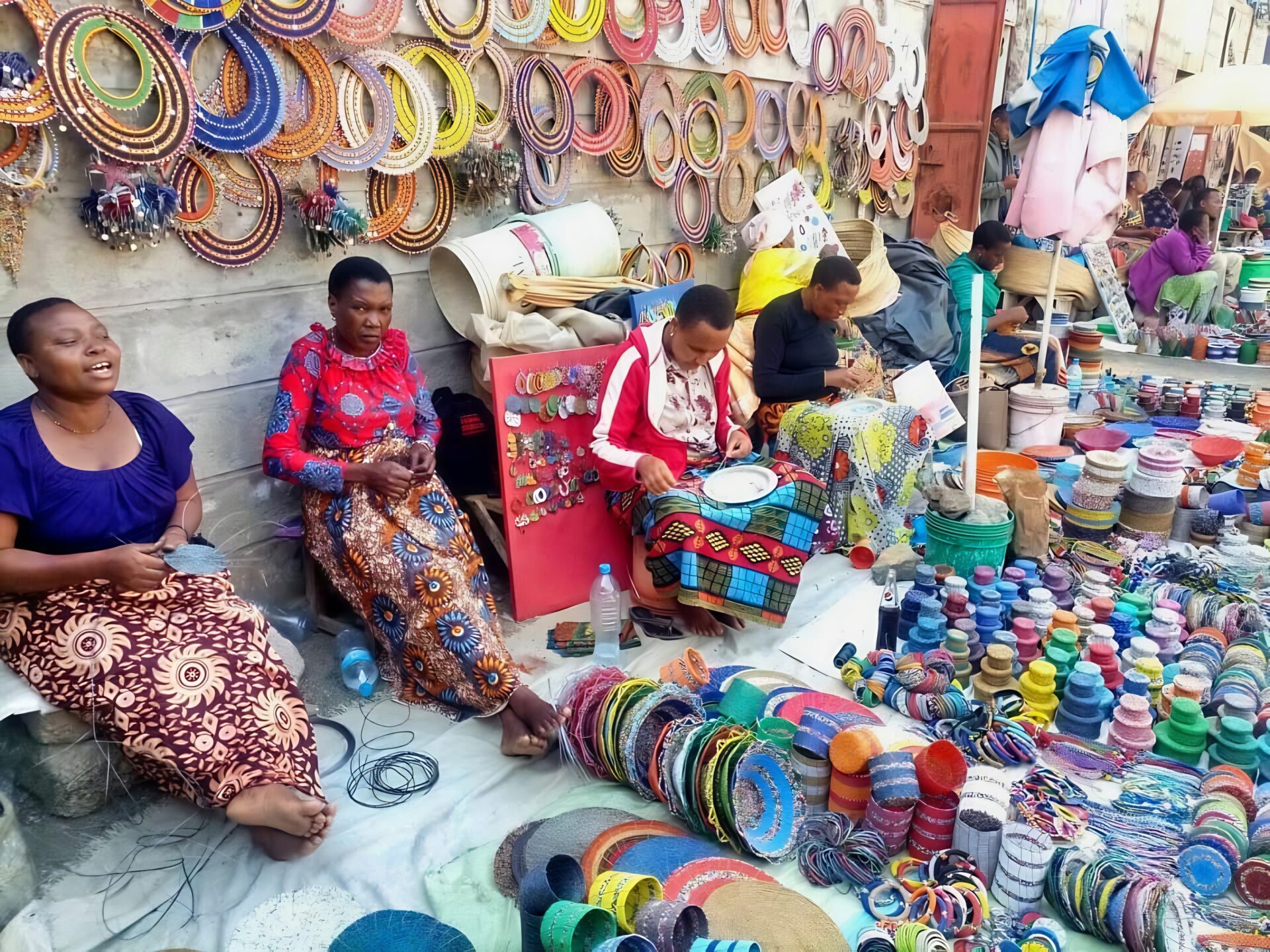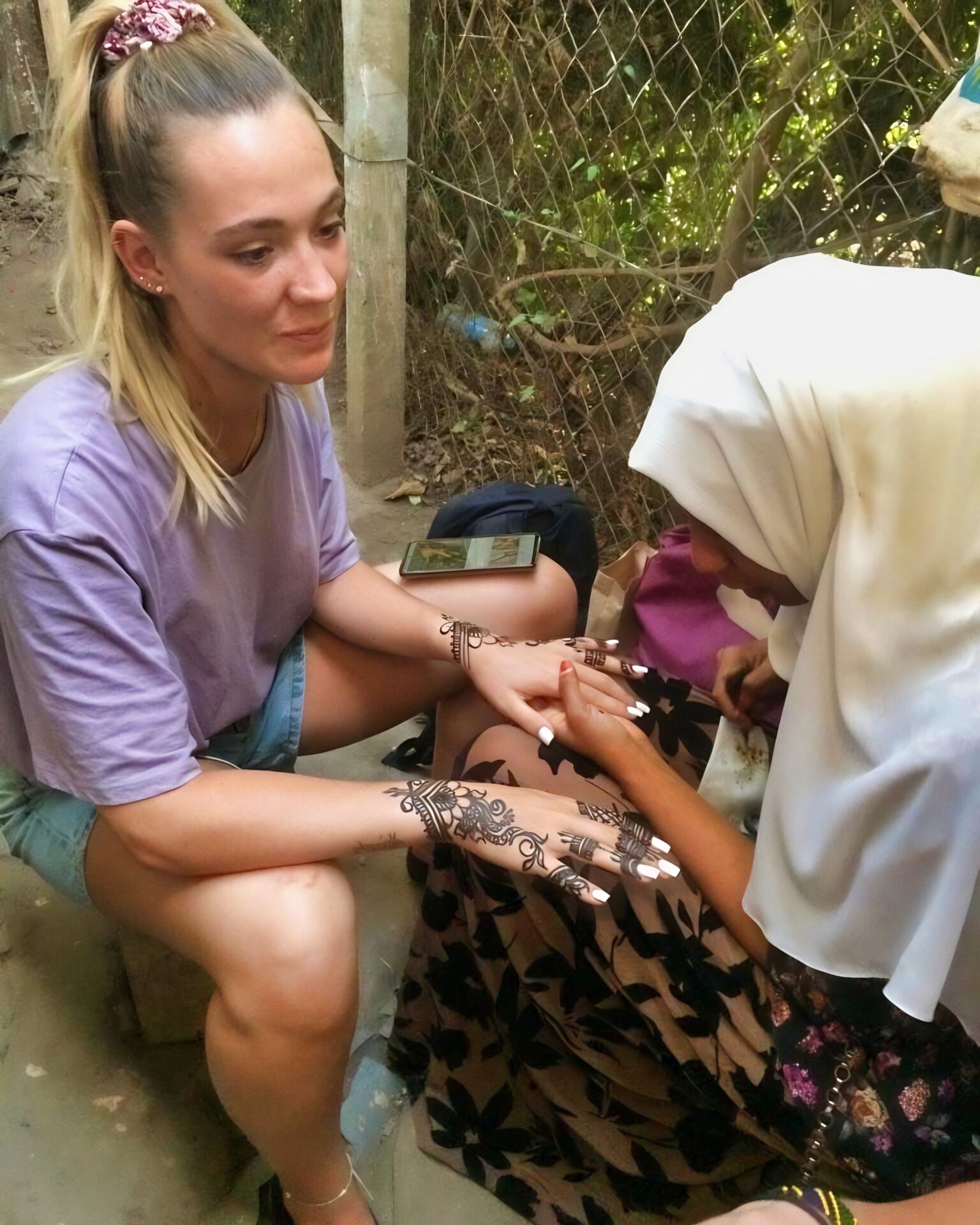Building the capacity of micro informal traders in Tanzania: A path to sustainable development
On the bustling streets of Tanzania, micro informal traders are a common sight, their small businesses an integral part of the local economy. But beneath the surface of this vibrant sector lies a critical challenge: the majority of these entrepreneurs have minimal business education, which significantly hampers their ability to compete and thrive. Tanzania Media examines the skills and education levels of micro informal traders in Tanzania, and considers the implications for their business strategies and the development of the sector as a whole.
Current state of skills and education
The micro informal trading landscape in Tanzania is characterised by a severe lack of business acumen. A significant number of traders lack the necessary skills to develop competitive business strategies, such as setting appropriate selling prices and calculating profit margins. This deficit is not due to a lack of effort, but rather a lack of access to formal business education and training.
The 2023 Tanzania National Informal Sector Survey paints a sobering picture: 80% of informal sector workers are classified as unskilled, only 10% receive on-the-job training, and only 5% are considered skilled. These data underline the urgent need for training interventions.
The Roadmap Study of the Informal Sector in Mainland Tanzania also highlights the plight of micro and small enterprises. These businesses are severely constrained by low levels of education and a lack of essential management, marketing and production skills.
Together, these factors inhibit their growth and development and leave them vulnerable in a competitive marketplace.
The need for business education and skills development
To address these challenges, it is imperative to create an environment in which micro informal traders can acquire the necessary business skills and knowledge. This includes understanding market dynamics, customer behaviour, financial management and the nuances of running a sustainable business.
Training programmes tailored to the needs of informal traders can play a key role in bridging the knowledge gap. These programmes should be accessible, practical and designed to equip traders with skills that can be immediately applied to their businesses.
In addition, mentorship and apprenticeship opportunities can provide on-the-job learning experiences that are invaluable for skills acquisition.
The role of government and non-governmental organisations
Government, in partnership with non-governmental organisations (NGOs), has a crucial role to play in facilitating the upskilling of micro informal traders. Policies that support adult education, vocational training and entrepreneurship can create a more conducive environment for learning and development.
NGOs can complement government efforts by providing specialised training programmes and workshops. These initiatives can focus on specific areas such as digital literacy, financial planning and customer service, which are increasingly important in the modern business landscape.
The impact of improved skills and education
Improving the skills and education levels of micro informal traders has the potential to transform the informal sector. Traders equipped with better business strategies can increase their profitability, expand their operations and ultimately contribute more to the national economy.
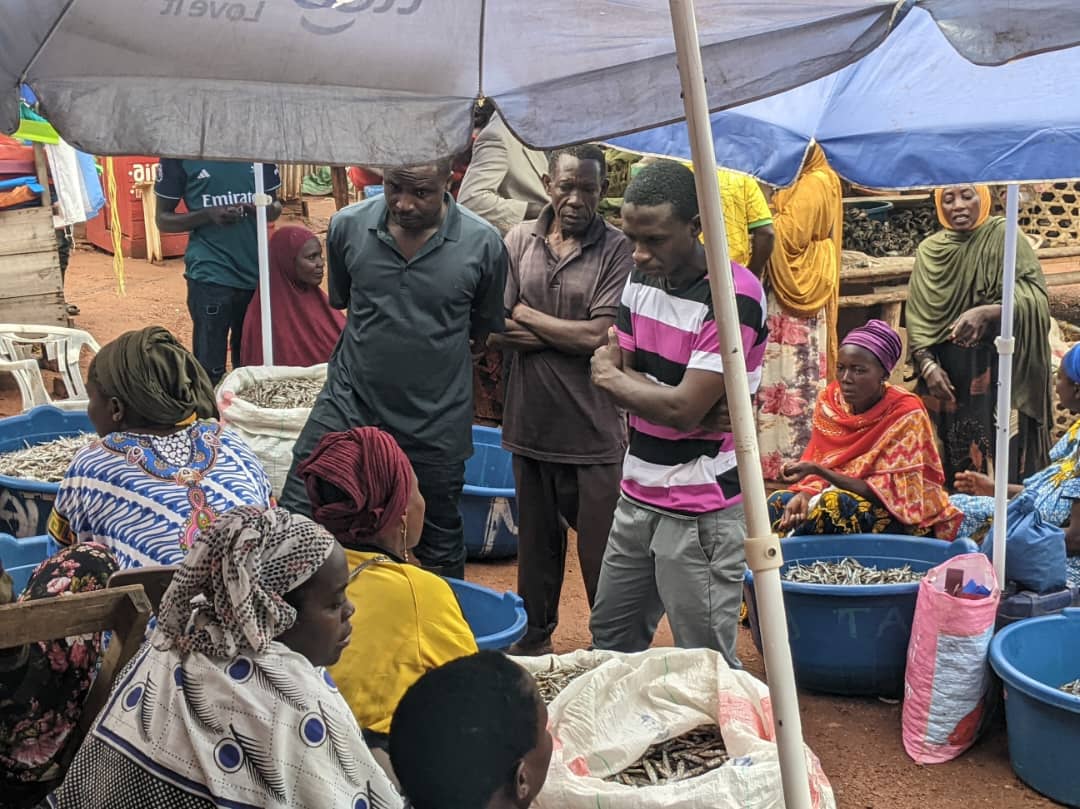
Tanzania’s micro informal traders are at a crossroads. To move forward and thrive, there is an urgent need for improved business education and skills development. By investing in the human capital of these entrepreneurs, Tanzania can unlock the full potential of the informal sector and pave the way for sustainable economic growth and development. Through education and empowerment, micro informal traders can move from surviving to thriving, contributing to a better future for themselves and the nation as a whole.
The vibrant tapestry of informal micro-enterprises in African cities
The bustling streets of African cities are home to a vibrant and colourful sector that is often overlooked by the formal economy. Informal micro-enterprises are the lifeblood of urban centres, from Dar es Salaam’s industrious ‘machingas’ to the nimble fingers of home-based artisans. These small-scale enterprises embody the resilience and entrepreneurial spirit of a population that makes a living against the odds. We look into the multifaceted world of informal enterprises, exploring the diverse range of services and goods they provide and the significant role they play in the urban tapestry of African cities.
The machingas of Dar es Salaam:
In Dar es Salaam, Tanzania, the ‘machingas’ are a ubiquitous presence. These street vendors are the mobile shops of the city, bringing a variety of goods directly to consumers. They carry an assortment of products ranging from locally produced vegetables and industrial goods to imported manufactured goods, mostly from Asia. Their agility in navigating the urban landscape allows them to reach customers in every corner of the city, making essential goods accessible to the wider population.
Transport entrepreneurs:
The informal transport sector is another important part of urban life. Taxi drivers, ‘bajaj’ (auto-rickshaw) operators and motorcyclists provide essential mobility services on a contract basis. They keep their own accounts and navigate the competitive streets to get passengers to their destinations. These entrepreneurs are the unsung heroes of the daily commute, providing flexible and often more affordable alternatives to formal public transport.
Service providers:
Service providers such as barbers, cobblers and butchers are the cornerstones of local economies, offering their skills to neighbours and passers-by. These artisans create a sense of community, often setting up shop outdoors or in bustling marketplaces. Their services not only meet the immediate needs of the population, but also foster social interactions that are integral to the fabric of urban life.
Retail kiosks and workshops:
Small kiosks and stalls dot the urban landscape, offering a kaleidoscope of goods for sale. These micro-retailers sell everything from snacks and drinks to clothes and electronics, offering convenience and variety to consumers. Workshops and garages specialising in the repair of cars, bicycles and motorcycles are also common. Furniture makers and leather tanners showcase their craftsmanship, while hobby shops cater to niche markets, all contributing to a diverse economic ecosystem.
Home-based enterprises:
Many informal businesses operate out of homes, blurring the lines between domestic life and entrepreneurship. These home-based workers engage in a wide range of activities, from sewing clothes to making furniture. Some work independently, managing their own sales and production, while others fulfil orders on a piece-rate basis for larger contractors or companies.
This sector allows individuals to balance work and family commitments, providing a flexible income stream from the comfort of their own homes.
The emergence of informal trade:
The rise of the informal trade sector is a testament to the adaptability and ingenuity of those who find themselves outside the formal employment framework. High unemployment rates and limited job opportunities have driven many to create their own sources of income. The informal sector offers a low barrier to entry, allowing individuals to capitalise on their skills and resources to make a living.
Informal micro-enterprises are not just a survival strategy for the urban poor; they are a testament to human ingenuity and the desire for self-sufficiency. These enterprises add vibrancy to the urban landscape and fill gaps in the market that are often overlooked by formal enterprises. When we recognise the importance of these informal actors, it becomes clear that they are not a marginal phenomenon, but a vital component of the urban economy. Their contributions to job creation, service provision and the movement of goods are invaluable, and their recognition and support could unlock even greater potential in African cities.
In conclusion, the informal micro-enterprise sector is a dynamic and essential element of African urban life. It reflects the entrepreneurial spirit that can flourish in challenging circumstances and offers lessons in resilience and innovation. As policymakers and stakeholders consider the future of urban development, the role of the informal economy must be recognised and integrated into broader economic planning and support systems. Only then can the full spectrum of urban economic activity be harnessed to promote inclusive growth and prosperity for all city dwellers.
Tanzania Media
- Kanyala Ferry Launch: TEMESA’s New Service for 15,000 Sengerema Residents (Mwanza) - 18 August 2025
- Russia-Tanzania Naval Cooperation: How the Smolny Training Ship Boosts Dar es Salaam’s Maritime Security - 18 August 2025
- Tanzania’s ICGLR Commitment: Stabilising the DRC & Great Lakes Region - 18 August 2025


